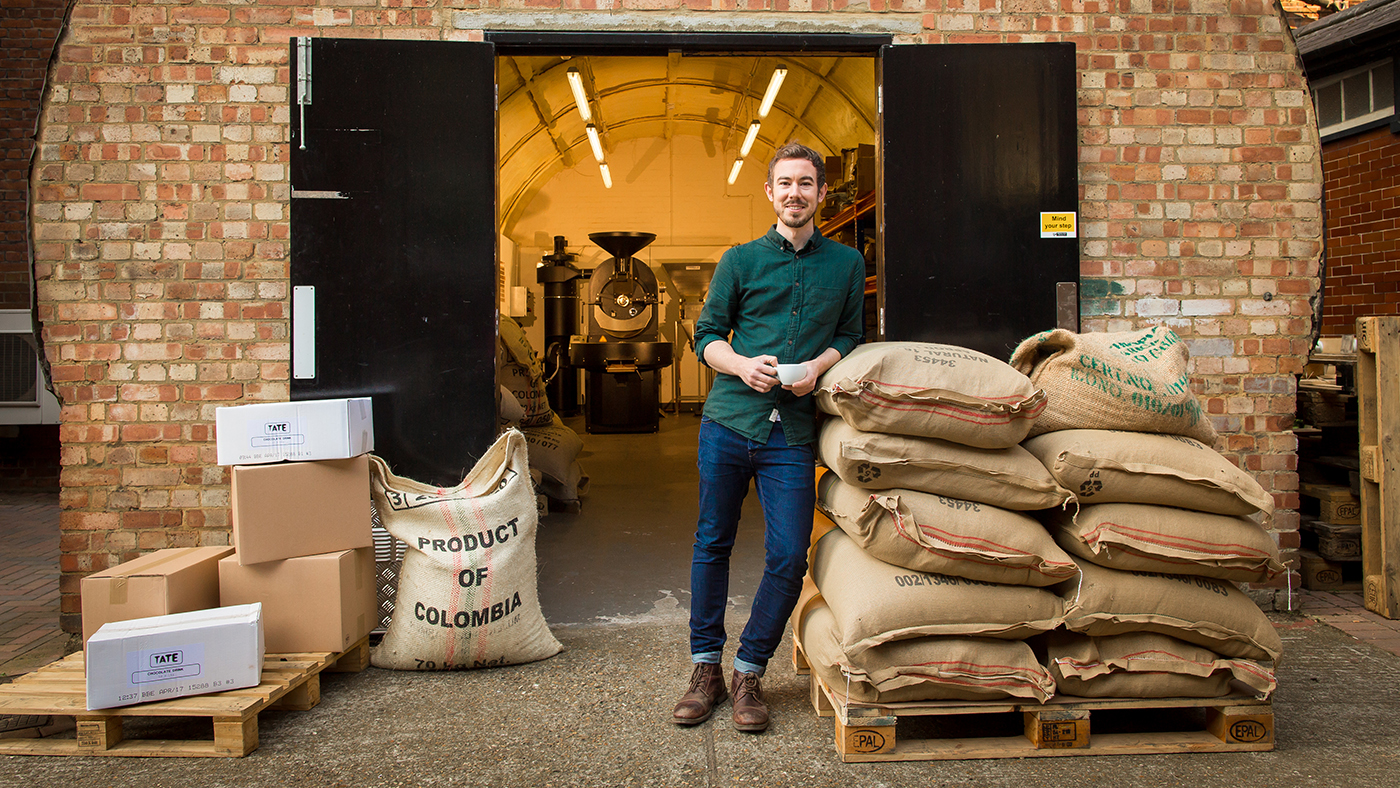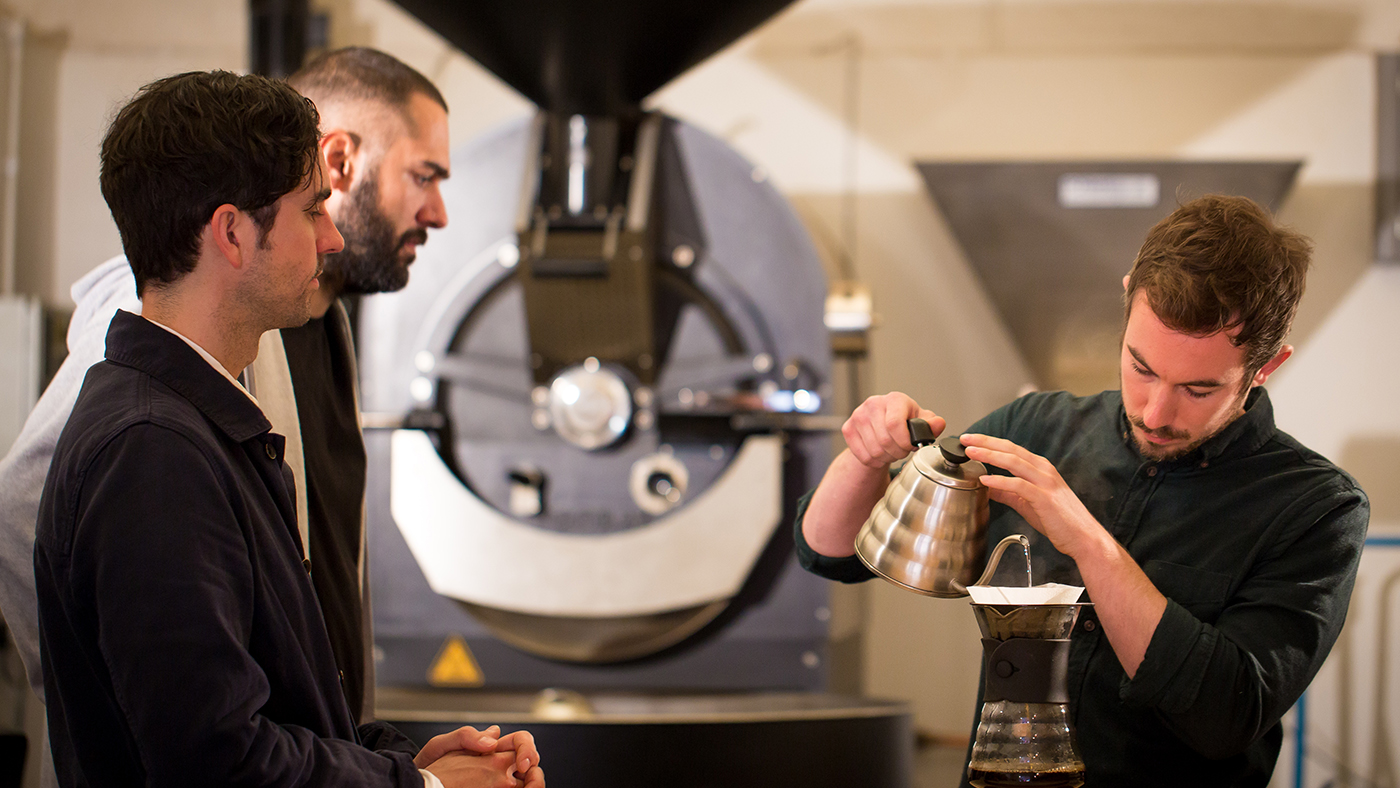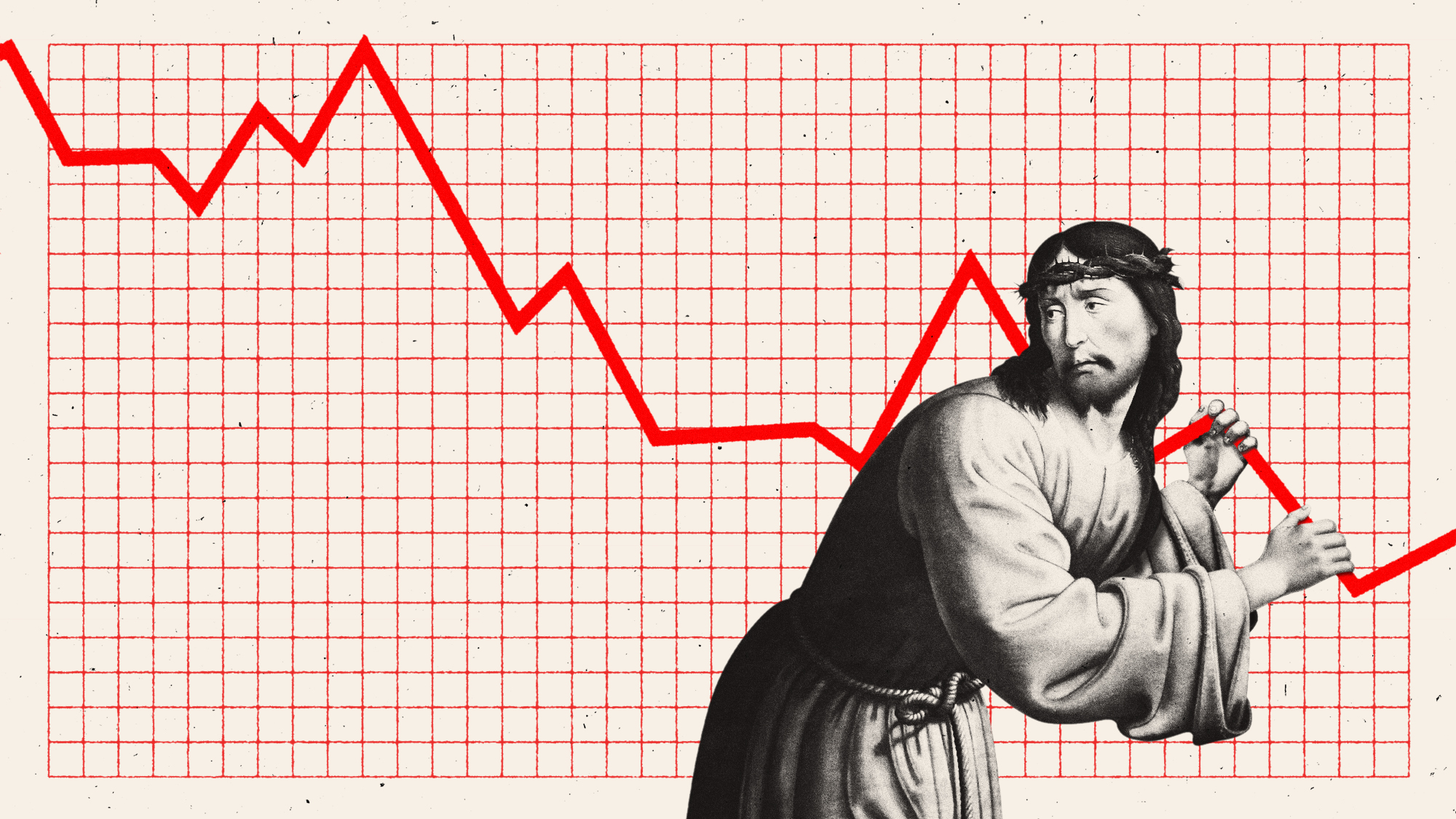A fair brew at Tate coffee
As the roastery kicks off a monthly subscription service, its head of coffee, Thomas Haigh, talks equality and bean quality

I first discovered coffee when I was travelling, and when I returned I worked as a barista and in hospitality and fell in love with it, as I thought the diversity of flavour and its journey from farm to cup was fascinating. Over the years I've roasted hundreds of different coffees, and you get to learn each and every one. I joined the Tate as head of coffee in February this year, heading up the roastery in a World War II Nissen hut in the grounds of Tate Britain. It's a busy place – we supply around 18 tonnes a year to the Tate sites alone, and we also have wholesale accounts and slot roasters on top of this. It follows the institution's philosophy of "For Tate, By Tate", and is just one part of how the galleries run their own hospitality offerings and create things in-house – from chocolate to beer – with all profits donated back into the galleries.

When I started here, I looked at what the gallery stood for and its vision, which focuses around equality, diversity and the culture we promote. I wanted to replicate that with our coffee range and how we source our product – not just equality in terms of the countries we work with, but on a deeper lever. Gender equality is something I don't think has been recognised in the speciality coffee industry to a large extent, which is what inspired the 50/50 Gender Equality Project at Tate.
I initially started looking for female producers to work with through importers and professionals, and we currently offer coffees made by Maria Elena Vides in Finca La Bolsa, Guatemala, and from Yolanda Urrea Arita in El Triunfo, Honduras, and our Kenyan Kiriaini is processed at a female-run washing plant. Since then it has taken on a more complex model, because in my naivety I expected there to be female producers available and it would be a case of sourcing between the two, but the political and social sensitivities in each region make it more difficult to create an equal voice on a pragmatic level. Now we are looking at how each origin produces coffee and the tradition of female workers on that farm. For example, in Brazil, where large areas of land are used for production, women can own plantations quite easily. Conversely, in Colombia, which has a more family-orientated production level, we're working with a collection of family producers, as well as creating our own lots.
The Week
Escape your echo chamber. Get the facts behind the news, plus analysis from multiple perspectives.

Sign up for The Week's Free Newsletters
From our morning news briefing to a weekly Good News Newsletter, get the best of The Week delivered directly to your inbox.
From our morning news briefing to a weekly Good News Newsletter, get the best of The Week delivered directly to your inbox.
[[{"type":"media","view_mode":"content_original","fid":"105241","attributes":{"alt":"","class":"media-image","height":"788","width":"1400"}}]]
Quality is the most important thing for us. We analyse and taste every coffee before we contract anything – we look for a clean cup, interesting flavours and products that are free of defects. If the story behind the production also meets what we're looking for, then that's the one we go for. There's definitely a demand for transparency in sourcing, and that's why the direct trade model, such as we use, has become more sought after. With every coffee we get in, we have huge amounts of information about where it comes from, the workings of the farm and the working conditions, and this is all readily available to our customers. We not only know where our money is going, but who it is benefitting and the difference it is making.
Our recently launched monthly subscription service is a way we can get our freshly roasted and ground-to-order coffee to people at home. We're developing a really diverse, seasonal range of coffees month by month that we can deliver to people's homes. Not everyone can visit the Tate to taste our coffee, so we want to make it as accessible as possible – just like our philosophy with art.
THOMAS HAIGH is head of coffee at the Tate, managing its in-house roastery, which supplies coffee across Tate museums. The recently launched coffee subscription starts at £8.50 for one month; tate.org.uk
A free daily email with the biggest news stories of the day – and the best features from TheWeek.com
-
 The UK’s supposed Christian revival
The UK’s supposed Christian revivalThe Explainer Research has shown that claims of increased church attendance, particularly among young people, ‘may be misleading’
-
 How long can Keir Starmer last as Labour leader?
How long can Keir Starmer last as Labour leader?Today's Big Question Pathway to a coup ‘still unclear’ even as potential challengers begin manoeuvring into position
-
 Child-free train carriages: has push for adults-only spaces gone too far?
Child-free train carriages: has push for adults-only spaces gone too far?Talking Point Under-12s ban on premium commuter train carriages in France sparks backlash across the political divide